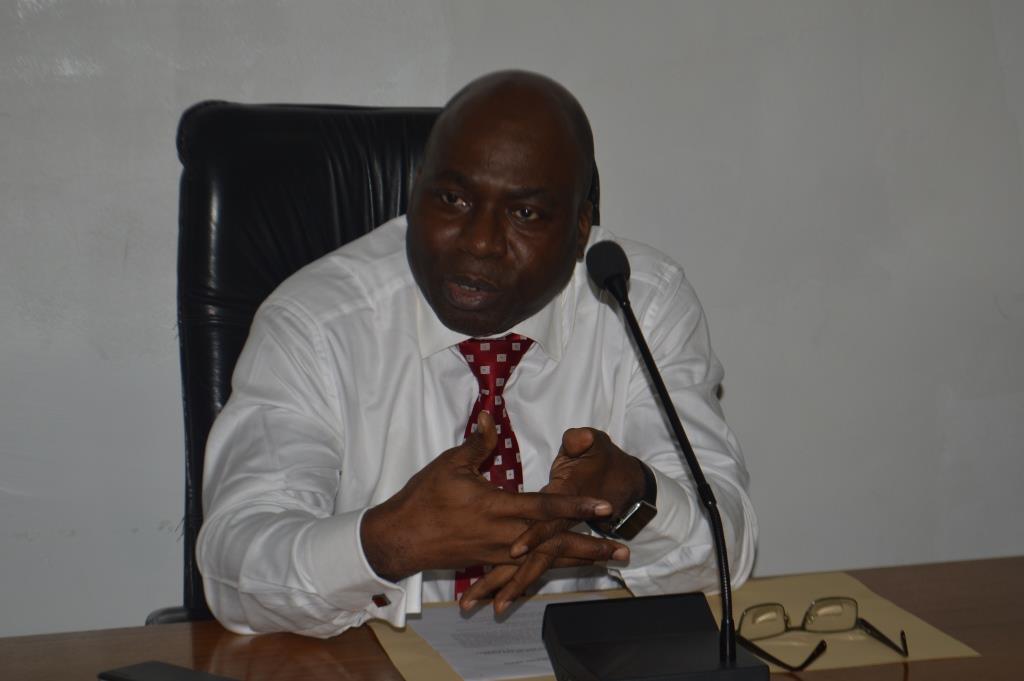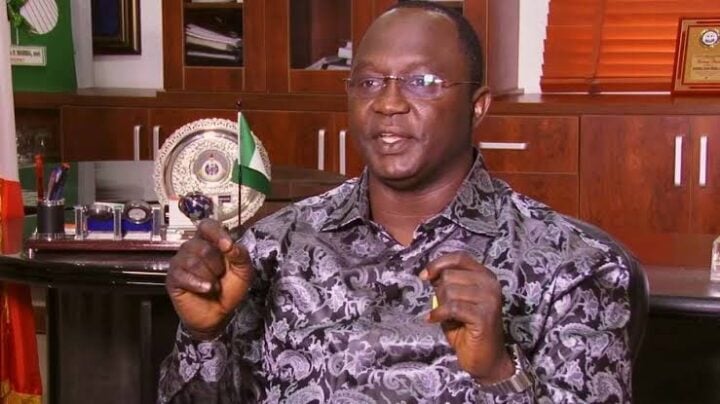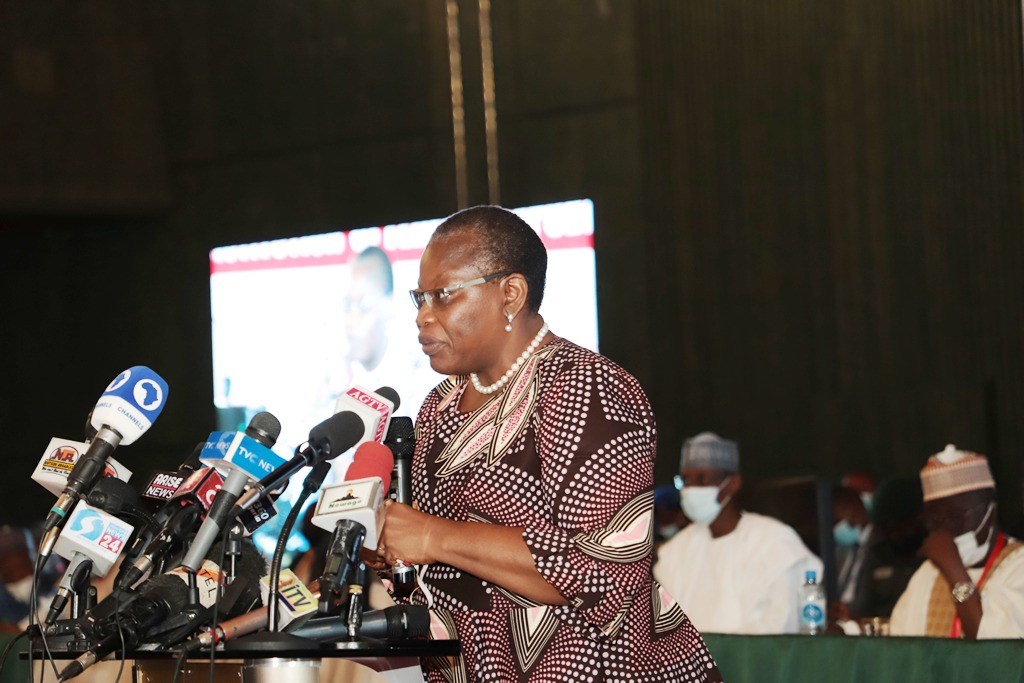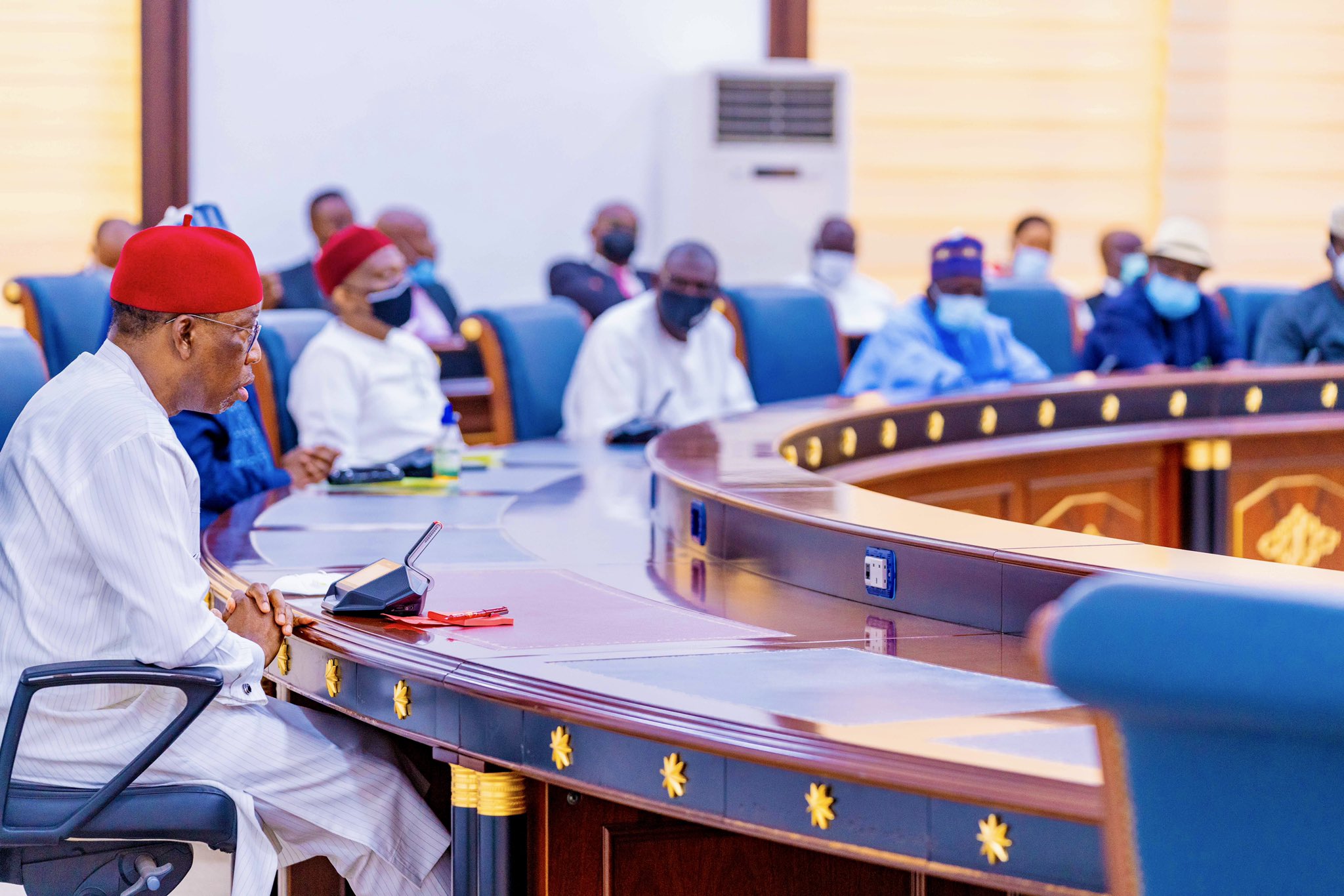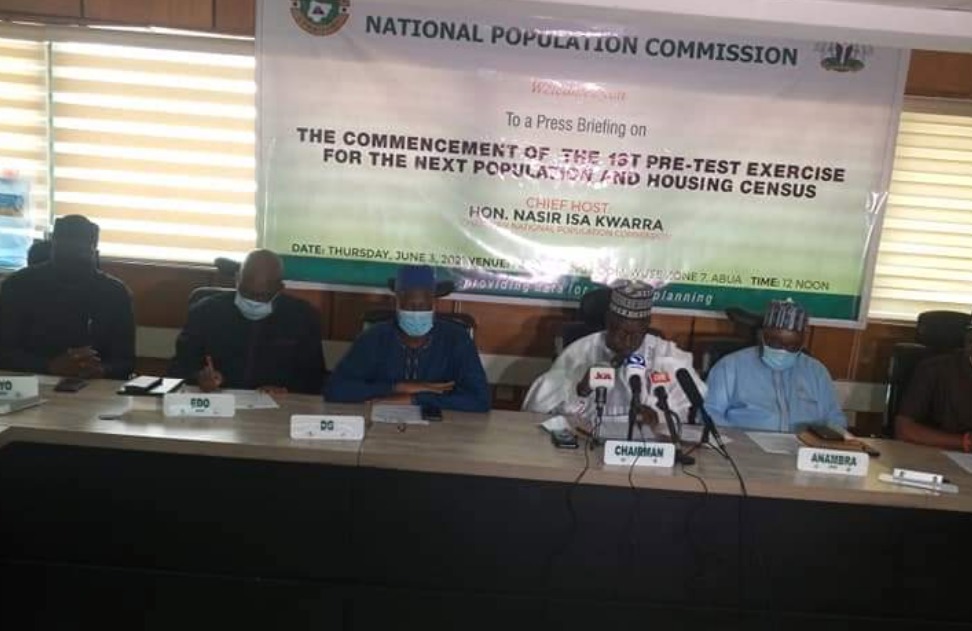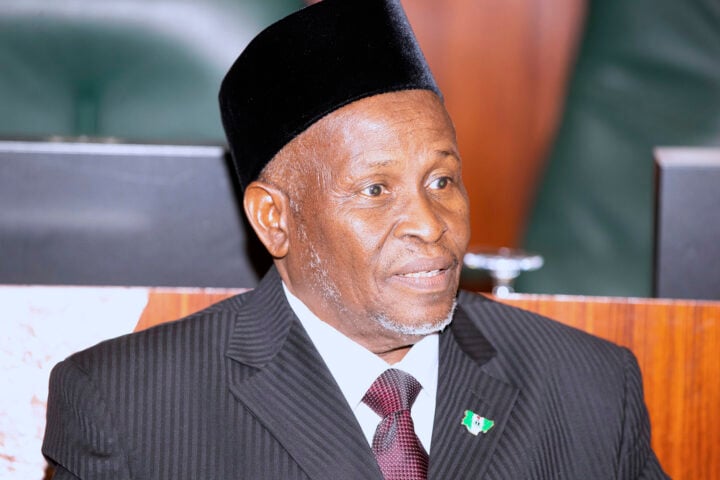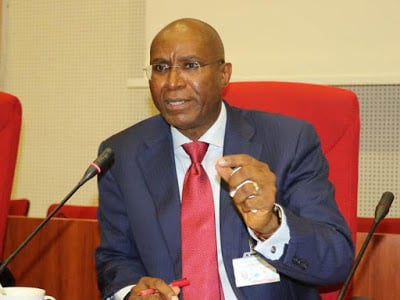????????????????????????????????????
The Independent Corrupt Practices and Other Related Offences Commission (ICPC) has asked the Code of Conduct Bureau (CCB) to publish the assets declared by public and civil servants.
According to the commission, the step would help to curb corruption in the public sector.
Bolaji Owasanoye, ICPC chairman, was quoted as saying the secrecy that surrounds asset declarations was aiding corruption.
“Publicising asset declaration will assist the whistle-blowing policy and our work,” he said in a statement released on Thursday by Azuka Ogugua, the commission’s spokesperson.
Advertisement
“We have not been able to take full advantage of asset declaration because of the opacity around it. If somebody lied about his or her assets, he or she can be found out by just the opening of the page where it has been published.
“I want to encourage the Bureau to push for that because the public will help us to do our work. They will tell us who owns what assets and whether it is proportionate to their earnings.”
The ICPC chairman also noted that “the opacity surrounding asset declarations had added to the problem of insecurity and underdevelopment facing the nation”.
Advertisement
Owasanoye encouraged the CCB to review and revise the assets declaration form to include data that could help to track information such as the bank verification number (BVN) and new forms of investments such as cryptocurrency.
Furthermore, he advised the bureau to digitalise the process of asset declaration, adding that “it would help in the easy tracing and analysis of assets as well as enable CCB to furnish government with information on the lifestyles of both public and civil servants”.
“If you digitize asset declaration, it will help you to reach everybody under your cover. It is easily analytical and helps you to know what asset the public servant owes. It will enable you to inform the government about the status of public servants, whether they are doing badly or not,” he added.
Owasanoye “expressed the hope that CCB would be active in assets recovery as an enforcement measure, stating that public servants who lived beyond their legitimate income should have the illegally acquired assets taken away from them”.
Advertisement
Add a comment
